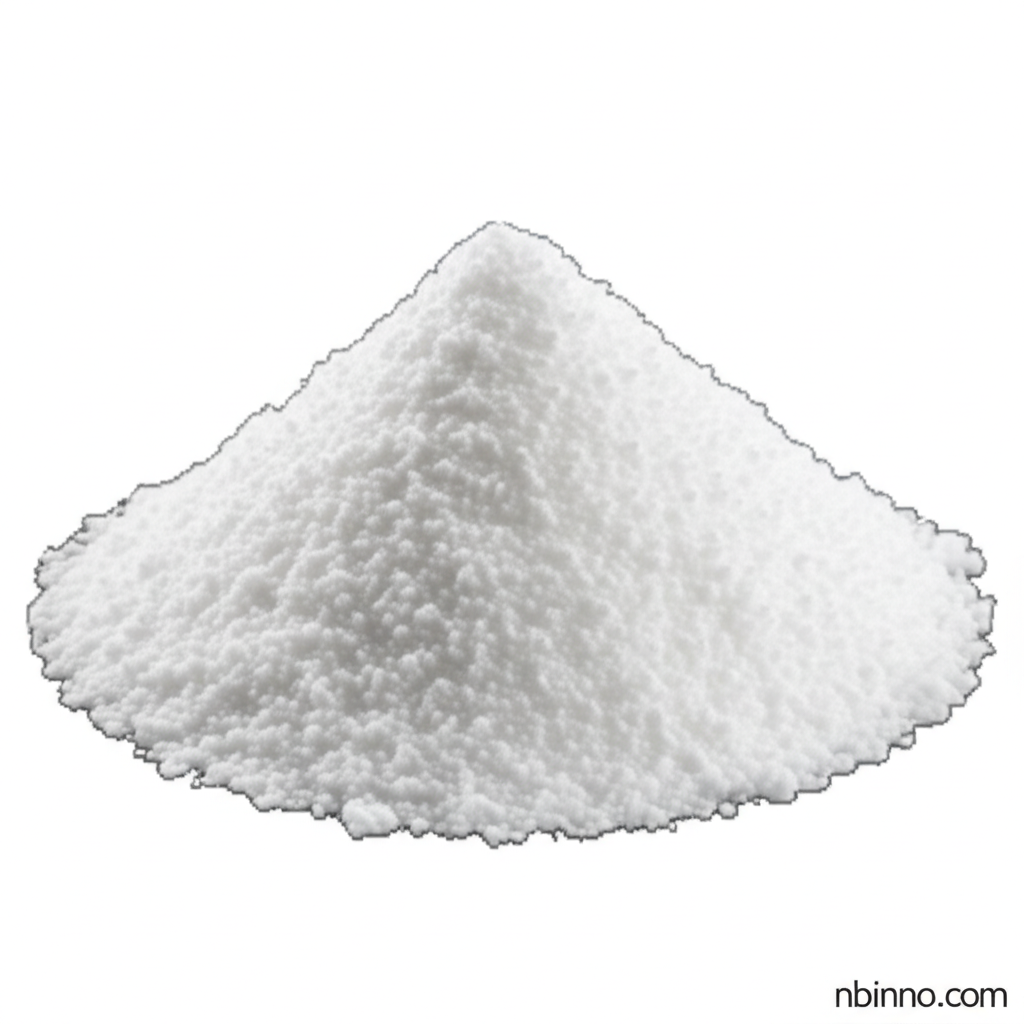Microcrystalline Cellulose: A Pillar in Pharmaceutical Formulation
Discover the multifaceted role of MCC in creating effective and stable drug delivery systems.
Get a Quote & SampleThe Core Value of Microcrystalline Cellulose

Microcrystalline Cellulose
Microcrystalline cellulose (MCC) is a refined derivative of natural cellulose, widely recognized for its exceptional properties as a pharmaceutical excipient. It is a plant-derived powder that serves as a fundamental component in tablet and capsule manufacturing, contributing significantly to drug product quality and performance. Its unique characteristics make it indispensable across various formulation strategies.
- This versatile excipient acts as a strong binder, ensuring the cohesive integrity of tablets, a key aspect for tablet stability and effective direct compression.
- As a disintegrant, MCC facilitates rapid tablet breakdown in the gastrointestinal tract, directly impacting drug release and enhancing bioavailability.
- Its excellent compressibility and flowability properties are crucial for consistent tablet weight and optimal tableting performance, making it a top choice for pharmaceutical grade MCC.
- The chemical inertness of MCC ensures compatibility with active pharmaceutical ingredients (APIs), preserving the efficacy and stability of medications throughout their shelf life. Understanding the impact of MCC particle size on tableting performance is vital for optimal formulation.
Key Advantages of Using Microcrystalline Cellulose
Enhanced Tabletability
MCC offers superior compressibility and binding properties, enabling the production of robust tablets with excellent mechanical strength, even under low compression forces. This is a critical benefit for direct compression formulations.
Improved Drug Release Profiles
As a disintegrant, MCC's water-absorbing capacity promotes fast tablet disintegration, which in turn optimizes drug release and improves the overall bioavailability of the active pharmaceutical ingredients.
Formulation Versatility
Its ability to function as a binder, filler, diluent, and lubricant makes MCC a highly versatile excipient, simplifying formulation development and reducing the need for multiple ingredients, a key consideration for MCC excipient benefits.
Key Applications in the Pharmaceutical Industry
Tablet Manufacturing
MCC is the most widely used excipient for direct compression and wet granulation tablet making procedures, crucial for pharmaceutical grade MCC.
Capsule Filling
Its free-flowing nature and compressibility make it an excellent filler for capsules, ensuring consistent dosage and ease of administration.
Controlled-Release Formulations
MCC can be incorporated into sustained-release dosage forms, contributing to the controlled release of APIs over an extended period.
Orally Disintegrating Tablets (ODTs)
MCC is also utilized in ODTs due to its rapid disintegration and swelling properties, enhancing patient compliance.
